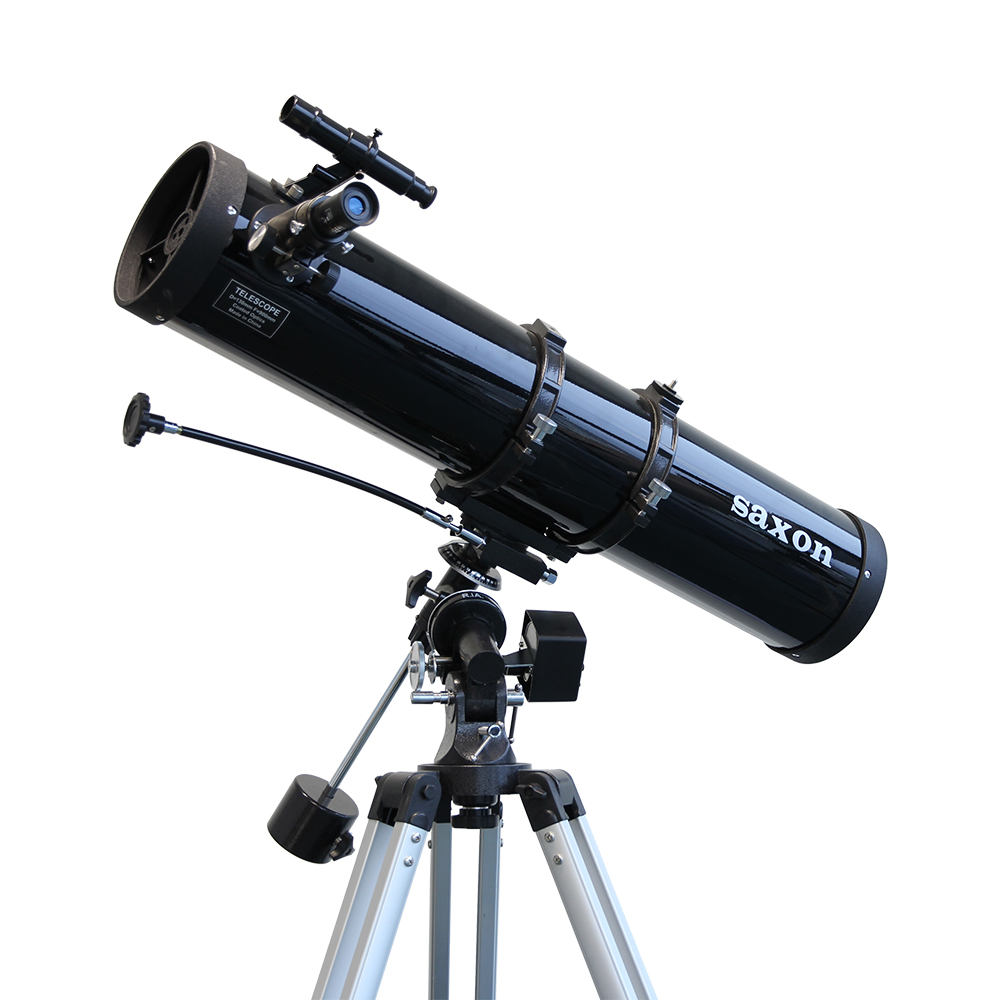

Most of the Dobsonian reflectors require collimation before every use. That coupled with a nice set of narrowband filters, your Orion scope will be all you’ll ever need for occasional stargazing. That’s why I would recommend buying at least the cheap aspherical eyepieces for start, and later you should definitely buy one high-end eyepiece between 10 mm and 25 mm with an ultra-wide apparent field of view at around 100°. The first one is a 10 mm Plossl, which is complete nonsense and the 35 mm, 2” Plossl is somewhat useful for larger DSO, but you won’t get much of a contrast with it. The rocker base (mount) disassembles into smaller parts as well without the requirement for any tools.Įven with this scope, there are two eyepieces in the box. This is a much more compact version of a Dobsonian reflecting telescope than the previously mentioned Sky-Watcher scopes.įirst of all, the tube disassembles into three segments, one where the primary mirror is, one segment with the secondary mirror, and truss poles as the third part. The latter is also better for any of my planetary or lunar viewing and imaging.I love the disassembling rocker base compact Dobsonians are probably the best reflecting telescopes out there. It's a case of using what instrument is best for any given purpose, along with your own aesthetic tastes of course.įor going deep to view deep-sky fuzzies such as distant galaxies and galaxy clusters, I will automatically reach for one of my Newtonian reflectors, or perhaps my 180mm Maksutov if I want a longer focal length system.

I could be accused of sitting on the fence, because I enjoy views through a reflector with its inherent spiky stars (have you ever wondered what diffraction spikes are?) due to the spider support of the secondary mirror, yet also enjoy the crisp pure view of stars as they really are when I set up one of my refractors. Whether 'tis nobler to view the night sky unfettered by diffraction spikes or by going deeper enjoying spiky stars, it seems, can stir up strong opinions. Refractor or reflector? That is the question. Credit: BBC Sky at Night Magazine Refractor vs reflector: pros and consīBC Sky at Night Magazine's Reviews Editor Paul Money weighs in on the refractor/reflector debate This make of telescope is a very popular choice.
#Reflector telescope full#
Or, you could read our guide to choosing your first telescope, which provides details of what to consider when you've decided to fully invest in this wonderful hobby.Īnd elsewhere on our website you'll also find our full back catalogue of telescope reviews, which is updated on a regular basis. If you are new to astronomy and are trying to decide what telescope you should buy, read our guide to the best telescopes for astronomy beginners. There is a well-known maxim in astronomical circles: “The best telescope is the one you use the most.” One that doesn’t produce inspiring views or is difficult to set up and operate will end up sitting unused in a corner pretty quickly. Mounting any telescope on a wobbly unwieldy mount will soon make you lose interest, which is why a stable Dobsonian reflector is such a popular and recommended choice.

That said, the collimation process for a reflector is quickly learnt and fast to implement at the start of an observing session. A refractor, on the other hand, will remain collimated for years, making it an ideal grab-and-go telescope for those who like to travel to a local dark-sky site, or even further abroad.


 0 kommentar(er)
0 kommentar(er)
